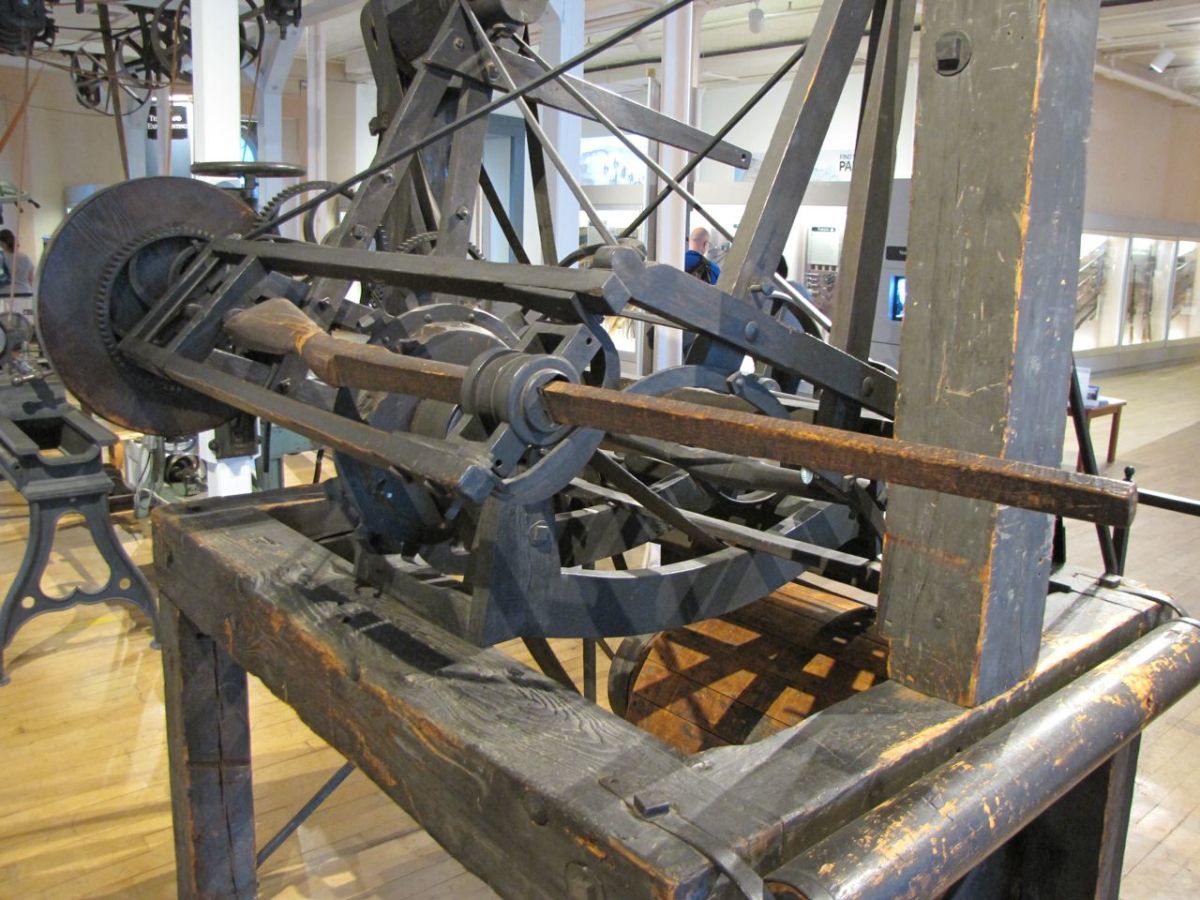this post was submitted on 25 Nov 2024
48 points (100.0% liked)
Historical Artifacts
619 readers
291 users here now
Just a community for everyone to share artifacts, reconstructions, or replicas for the historically-inclined to admire!
Generally, an artifact should be 100+ years old, but this is a flexible requirement if you find something rare and suitably linked to an era of history, not a strict rule. Anything over 100 is fair game regardless of rarity.
Generally speaking, ruins should go to !historyruins@lemmy.world
Illustrations of the past should go to !historyillustrations@lemmy.world
Photos of the past should go to !HistoryPorn@lemmy.world
founded 6 months ago
MODERATORS
you are viewing a single comment's thread
view the rest of the comments
view the rest of the comments


Fun fact - this method would be adopted and optimized by Peavey to make guitars in the 70s.
🤘
Really? That's awesome! Funny how technology can find new applications over the years.
Yes although just to clarify, I don't mean that-specific-version-of-the-machine, but the modern equivalent.
Here's Hartley Peavey talking about how they came up with the idea and what it was to implement it in guitar manufacture.